Uncover Area Utilization Insights With AI
Understand how your facility’s workspace layout is best utilized to identify opportunities for improvement.
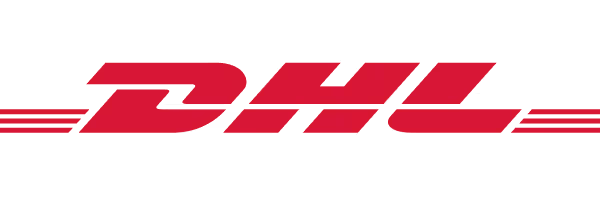
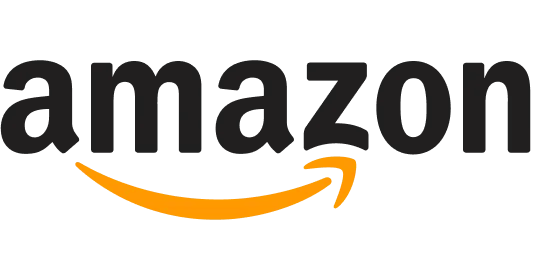
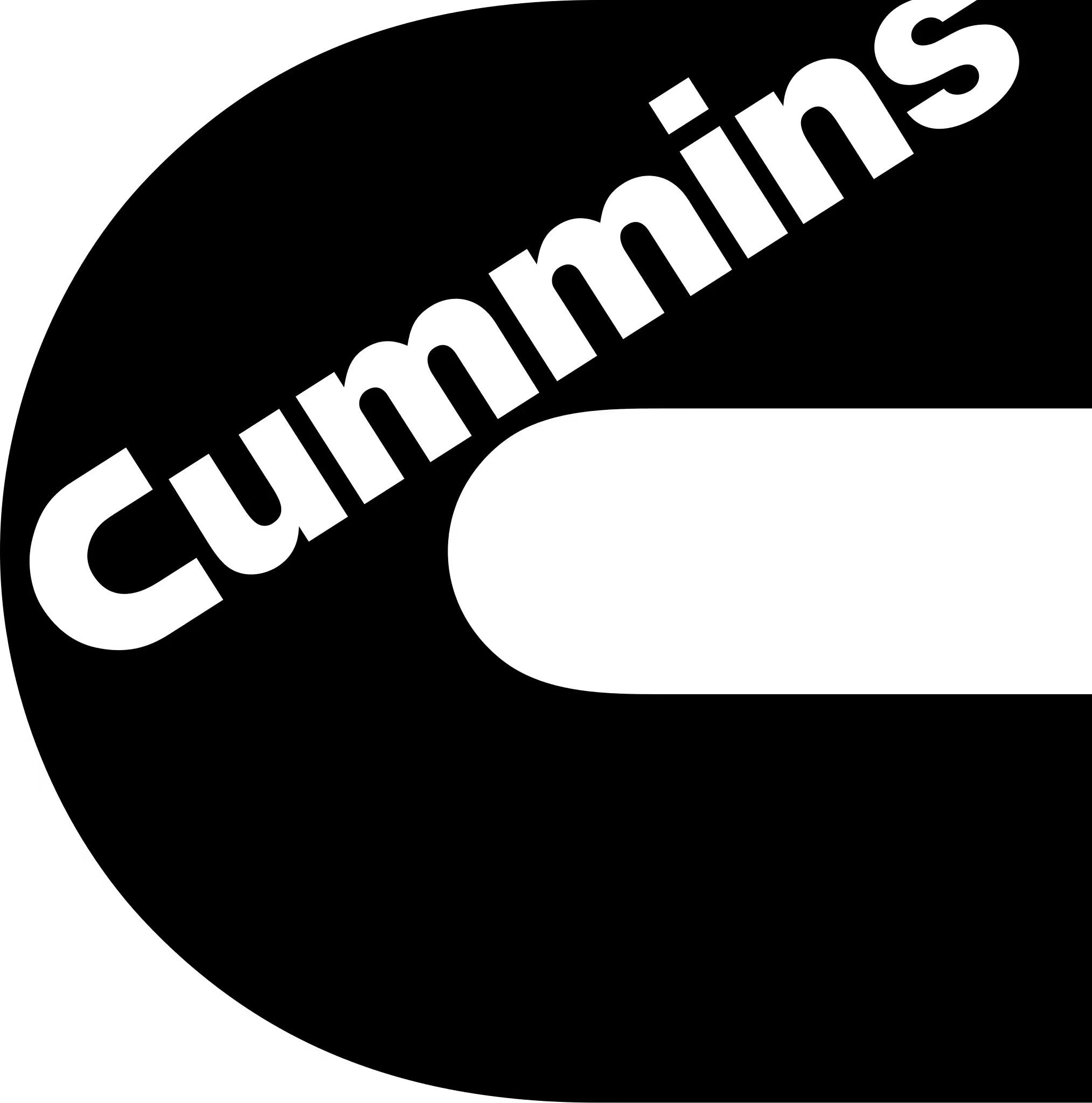
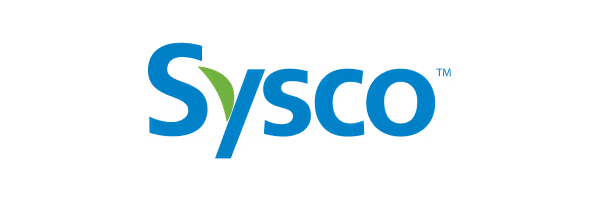
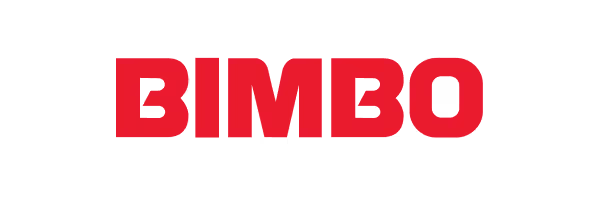

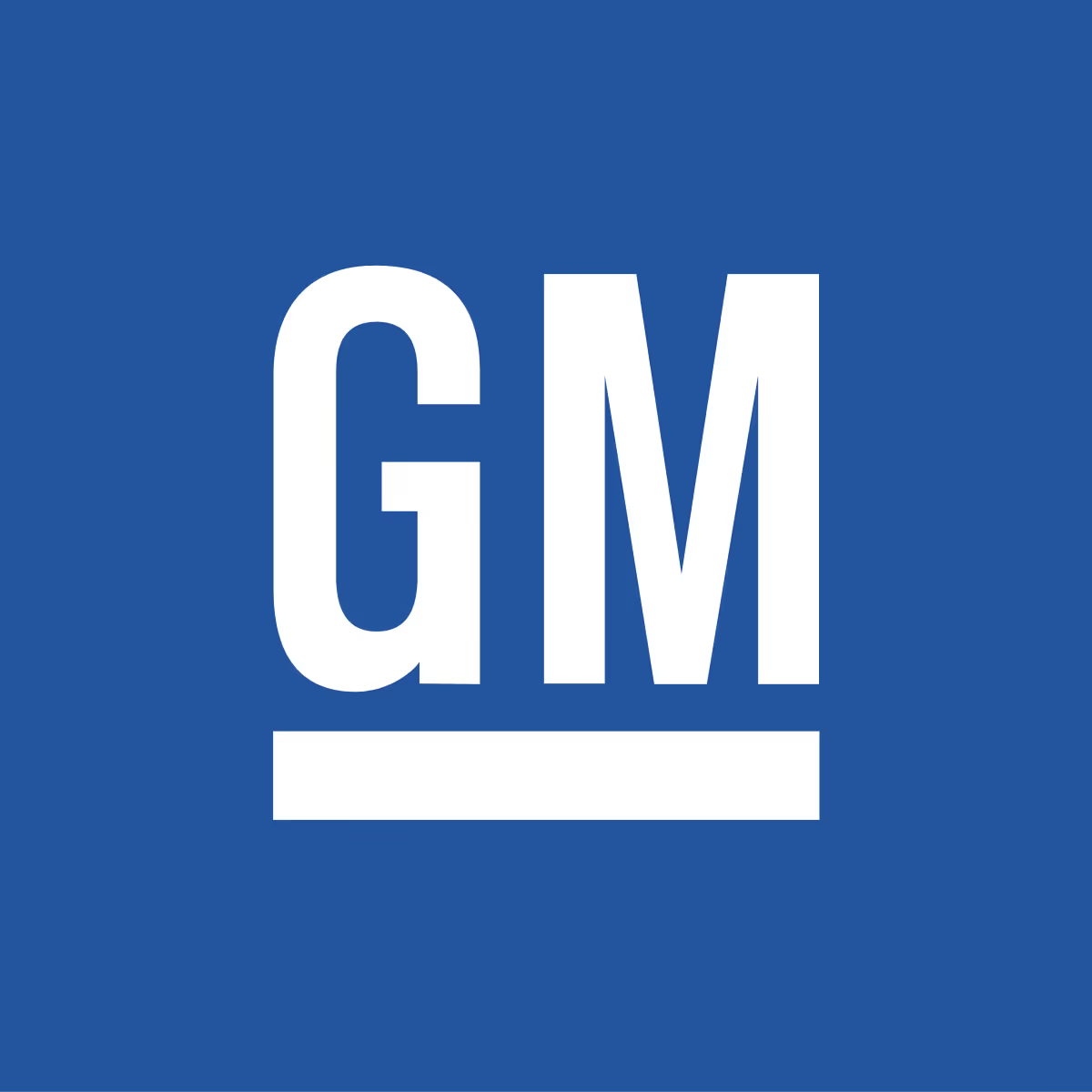
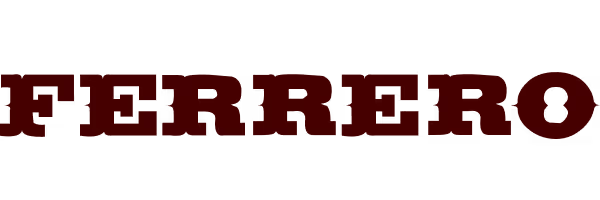
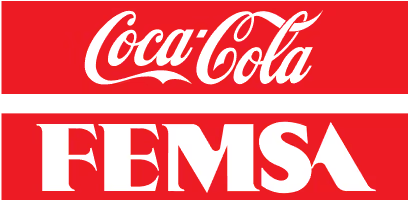
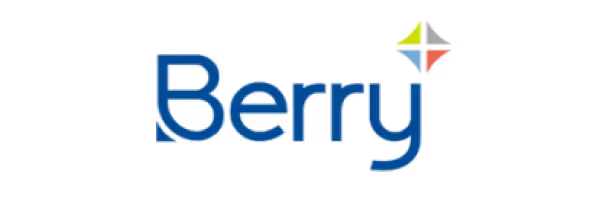
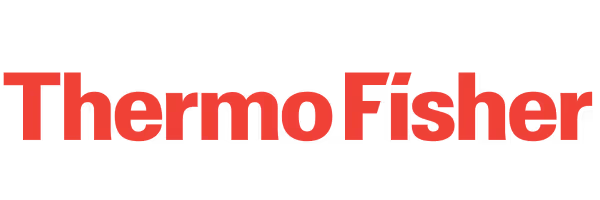
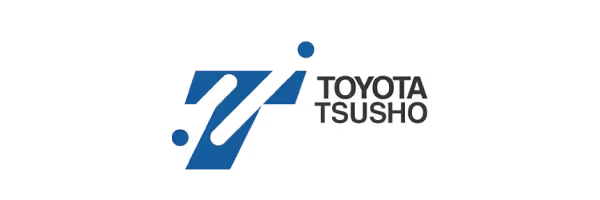
Explore Area Utilization
Area Utilization and Path Mapping
Optimize area usage with traffic insights across specific cameras, zones, and time periods, including shift-level and object-level metrics to uncover movement trends and identify opportunities for more efficient space utilization.
Time-Lapse Analysis
Visually track how area utilization evolves over time. Use time-lapse playback to proactively observe patterns, spot changes, and uncover opportunities to optimize workspace layout, traffic flow, and overall operational efficiency.
Clearway Analysis
Proactively monitor and maintain unobstructed pathways with Clearway Analysis. Gain insights into walkway compliance and identify areas where blockages occur, supporting safer, more efficient movement across your facility.
Event Mapping
Proactively understand how your workspace is being used with heatmaps that highlight event hotspots. Compare hotspots over time, filter by risk type or shift, and identify actionable opportunities for layout or policy improvements.
Case Studies
Companies worldwide trust Protex AI to enhance workplace safety and empower their workforce. Learn how our AI-driven solutions proactively protect employees and improve operational efficiency.
Reduction in safety events
Major UK Packaging Manufacturer Unlocks £750K in Funding and Cuts Safety Events by 62% with Protex AI
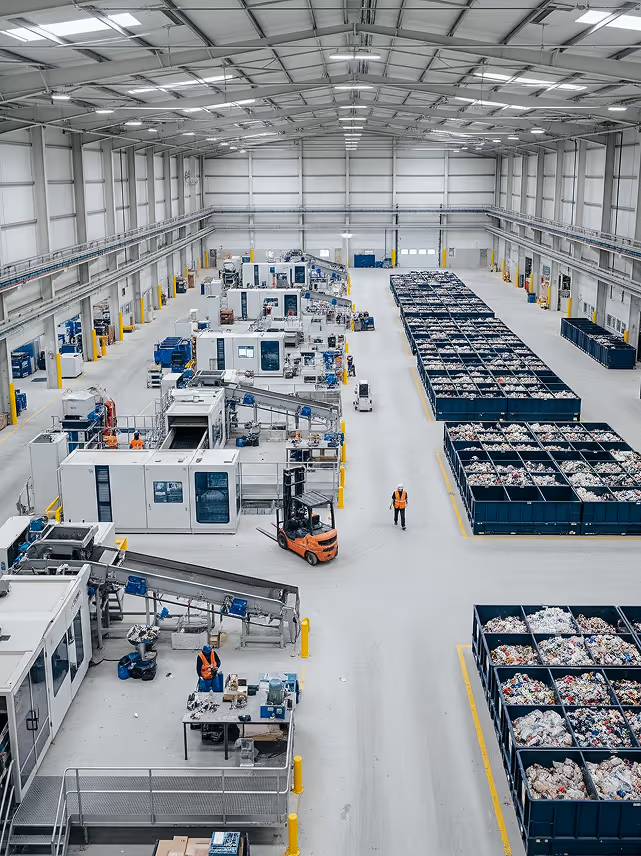
Reduction In Overall Incidents
Marks and Spencer Reduced Overall Incidents by 80% in their First 10 Weeks of Deployment

Reduction In Area Control Risks
Protex AI Helped A Leading Global Food Distributor Reduce Area Control Risks By 76%.

Increase Into Near Miss Visibility
Protex AI Helped A Leading European Logistics And Shipping Firm Increase Risk Visbility By 415%.

Reduction In All Safety Events
Protex AI Helped Reduce All Safety Incidents By 62% In A Global Manufacturing Organisation.

Operational & Risk Categories
Explore the range of operational & risk types our solution can provide enhanced visibility into.
Infrastructure Designed For Enterprise Success
Explore how to optimize enterprise safety operations with seamless integrations, secure data processing, and actionable insights.
Watch Our 2-Minute Demo Video
Looking to learn more about revolutionizing how you and your team make proactive safety & operational decisions that help contribute to a safer and more efficient work environment?
Learn More With Protex
Check out our latest webinars, whitepapers, and blogs from thought leaders to help you solve your proactive safety challenges.
The future of workplace safety, key Insights from the "Must Have Safety AI Tools for 2025 Webinar"
From chaos to clarity: Mastering unstructured data in health and safety management
AI Safety in 2024: Planning For Journey To Success
Ask The Expert
Below are some common questions our product experts have been asked by EHS professionals around the topic of AI safety. If you have any question in particular that you need answered please don't hesitate to contact us.
AI systems analyze how space is used and flag inefficiencies that humans might miss. They monitor traffic patterns in real time and identify underused or congested areas so managers can make adjustments. According to a recent safety association position, AI can enhance work environments by improving both operational efficiency and safety outcomes .
Heat mapping in industrial settings means creating a color-coded map of activity levels. It shows which areas are busiest (hot spots) and which are underutilized. By visualizing these patterns, managers can redesign the workspace for better flow. For example, a recent warehouse analysis used heat maps to pinpoint congested aisles and guided a layout change that improved efficiency .
Yes. Advanced AI analytics let you filter data by time period, zone, or equipment type. This means you can see how a night shift uses space versus a day shift, or track specific assets like forklifts separately. Such granularity reveals unique patterns. In fact, a recent digital twin case optimized staffing by analyzing peak usage during certain shifts .



+gif.gif)














